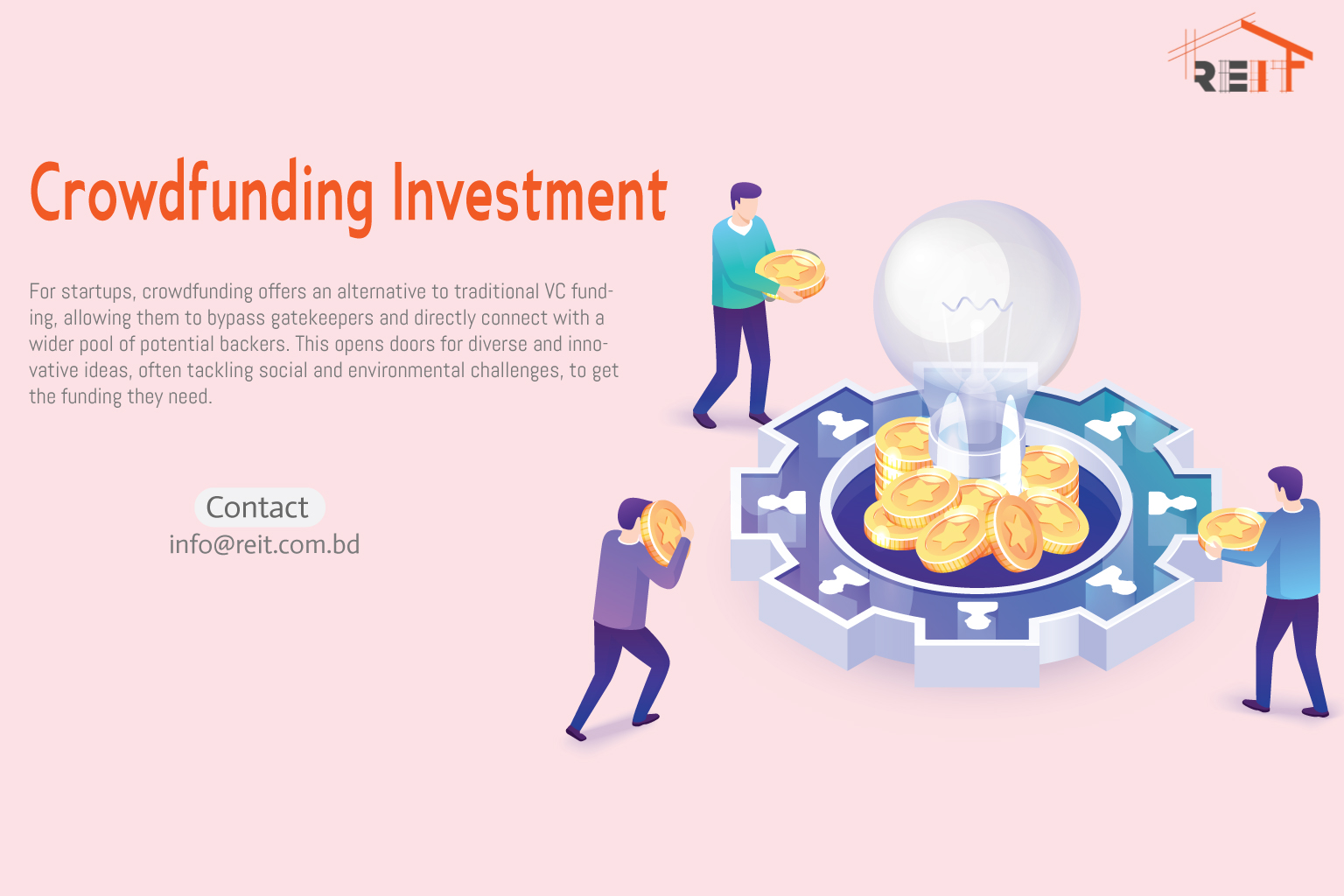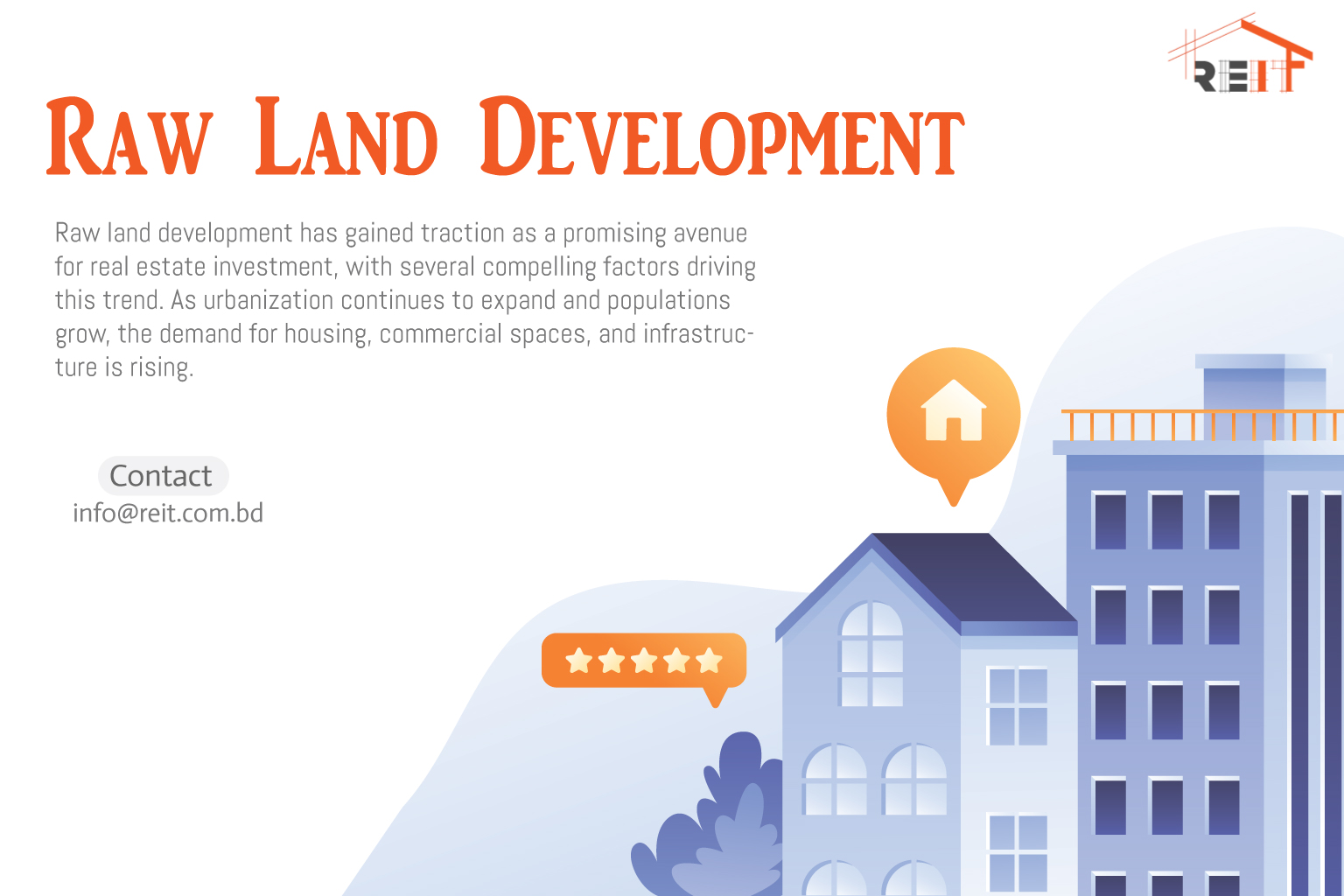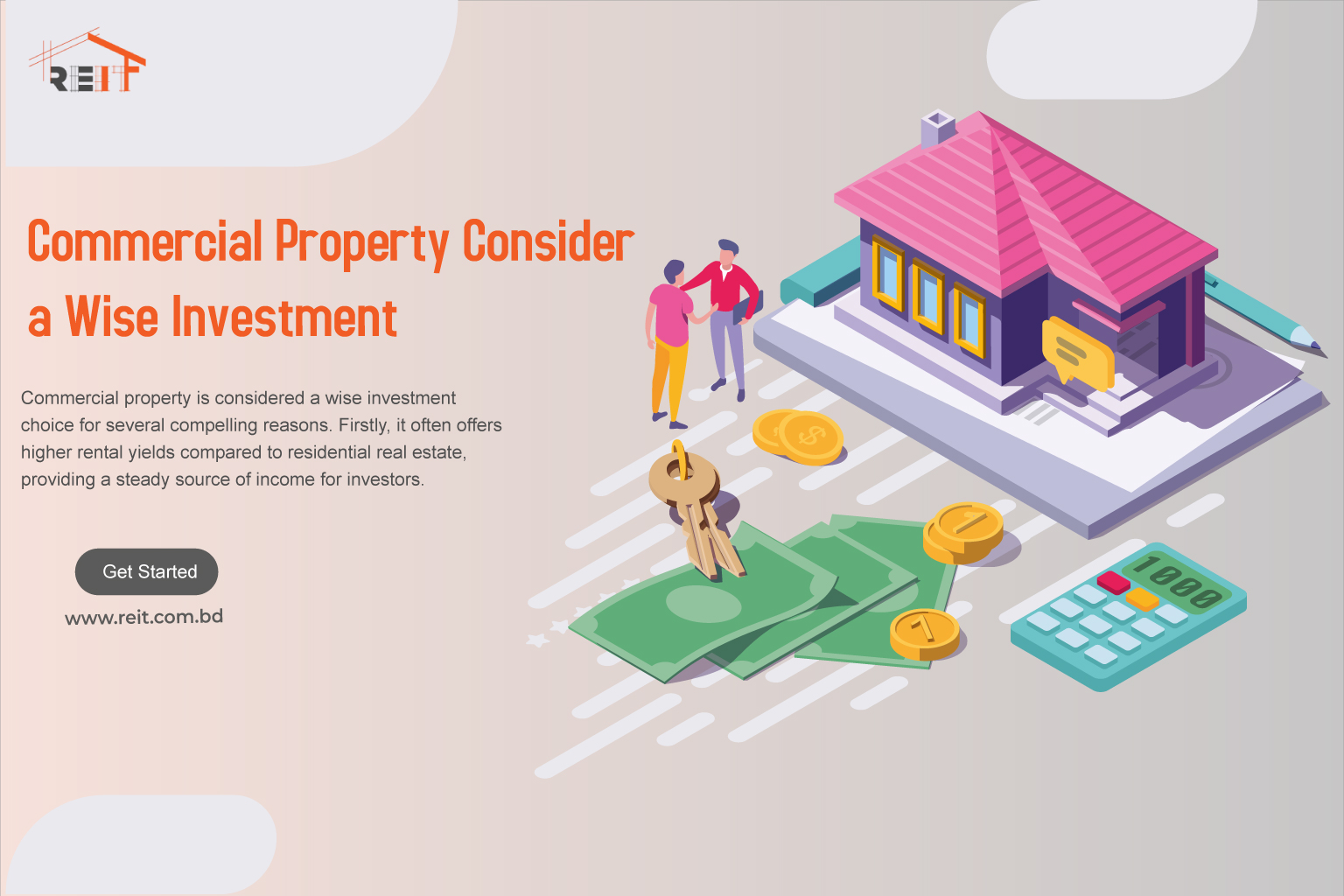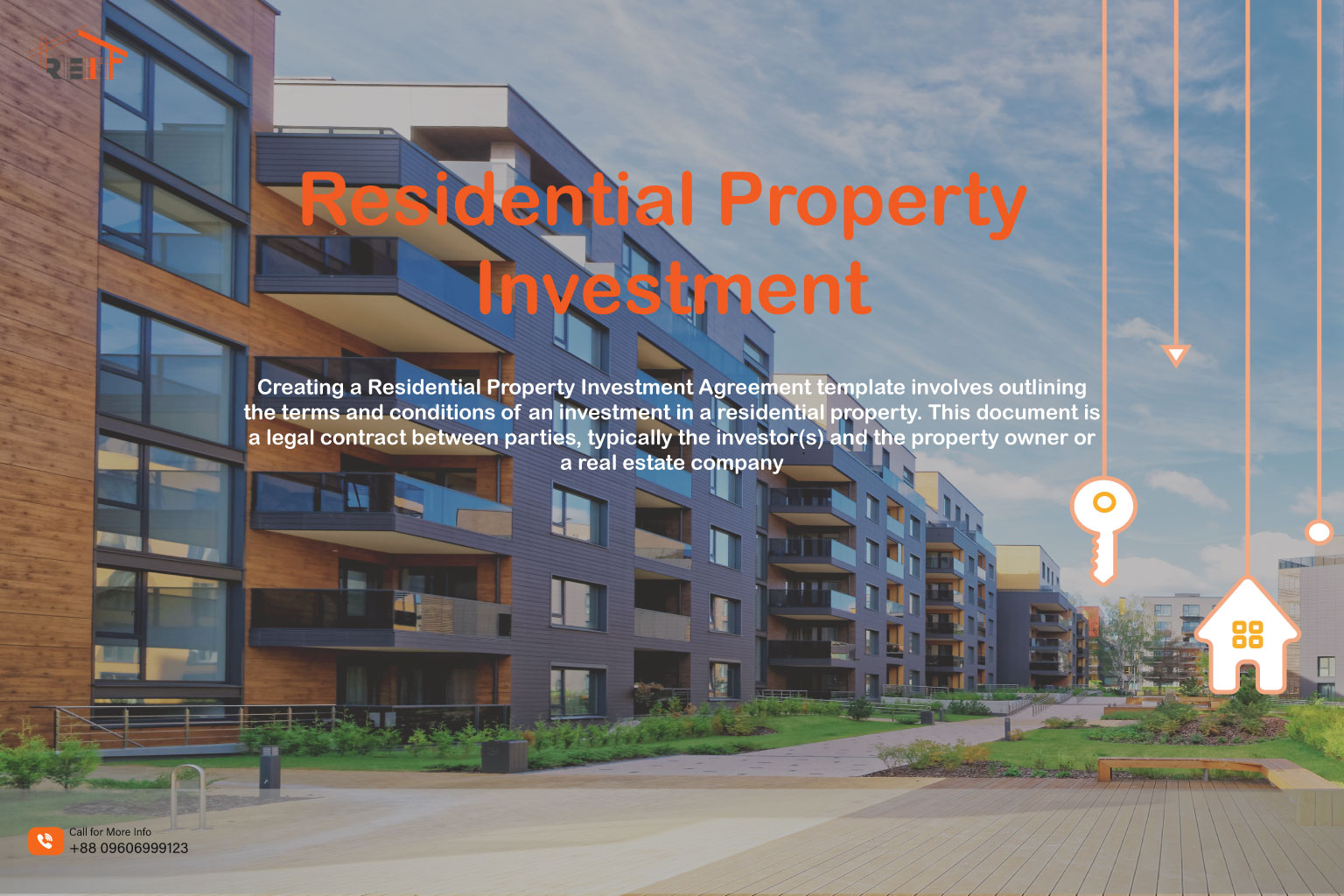Foreign investment in commercial property continues to hold promising prospects, presenting lucrative opportunities for both investors and host countries alike. Several factors contribute to the attractiveness of investing in commercial property on an international scale.
Globalization and advancements in technology have made it easier for foreign investors to access information about potential markets, identify opportunities, and conduct transactions across borders.
This increased accessibility and transparency have led to a surge in cross-border investments in recent years. Moreover, investing in commercial property can serve as a hedge against inflation, as property values and rental income tend to rise with inflation over time.
This makes it an attractive option for those looking to preserve and grow their wealth amid economic uncertainties.
Foreign investment in commercial property holds significant potential, driven by globalization, investor-friendly policies, diversification benefits, urbanization trends, and inflation hedging capabilities. As with any investment, careful planning and risk assessment are crucial for foreign investors to make informed decisions and maximize returns on their ventures.
What Is Actully Foreign Investment?
Foreign investment, also known as international investment or foreign direct investment (FDI), refers to the investment of capital, assets, or resources by individuals, businesses, or governments from one country into assets or ventures located in another country.
It involves the deployment of funds or resources across national borders with the aim of generating financial returns, gaining access to new markets, acquiring strategic assets, or participating in the growth and development of foreign economies.
Foreign investment can take various forms, including:
- Foreign Direct Investment (FDI): This occurs when a company or individual from one country makes a long-term investment in another country, often involving the acquisition or establishment of businesses, subsidiaries, or branches in the foreign market.
- Portfolio Investment: This involves investing in financial assets such as stocks, bonds, or mutual funds of foreign companies or governments without seeking managerial control or ownership.
- Real Estate Investment: Foreign investors may purchase or develop properties in another country, including residential, commercial, or industrial real estate.
- Cross-Border Mergers and Acquisitions: This involves the acquisition or merger of companies across international borders, allowing the acquiring company to expand its market presence and access new resources.
- Foreign Aid and Development Assistance: Some foreign investment comes in the form of aid or assistance from governments or international organizations to support economic development, infrastructure projects, or humanitarian initiatives in other countries.
Foreign investment plays a significant role in fostering economic growth and development in both host and home countries. It brings in new capital, technologies, skills, and expertise, which can stimulate local economies, create job opportunities, and enhance productivity.
However, foreign investment also comes with risks, including exposure to foreign exchange fluctuations, regulatory changes, political instability, and potential cultural challenges..
Overall, foreign investment is a fundamental aspect of the interconnected global economy, facilitating the flow of capital and resources across borders and contributing to the development and prosperity of nations.
Prospects For Foreign Investment In Commercial Property
The prospects for foreign investment in commercial property remain promising and attractive for several reasons:
- Global Economic Recovery:
As the global economy recovers from the impacts of the COVID-19 pandemic, there is a renewed focus on investment opportunities.
Commercial property, especially in prime locations, is expected to rebound, making it an appealing option for foreign investors seeking high-potential assets.
- Stability and Diversification:
Commercial property investments often provide a level of stability and diversification to investors’ portfolios.
Amidst economic uncertainties, real estate assets can act as a hedge against market volatility, making them sought after by foreign investors looking to safeguard their capital.
- Yield and Income Potential:
Commercial properties, such as office spaces, retail centers, and industrial complexes, have the potential to generate steady rental income for investors.
This recurring income stream can be particularly attractive to long-term investors and institutional buyers seeking reliable returns.
- Urbanization and Demographic Trends:
Many countries are witnessing rapid urbanization and population growth. This drives demand for commercial spaces as businesses expand and require office spaces, retail outlets, and logistics centers. Foreign investors can capitalize on these trends in emerging markets.
- Attractive Financing Options:
Low-interest rates in some countries create favorable financing conditions for foreign investors, enabling them to acquire commercial properties with lower borrowing costs.
- Favorable Regulatory Environment:
Several countries actively encourage foreign investment in commercial real estate through investor-friendly policies, tax incentives, and streamlined approval processes. Such supportive regulatory environments attract foreign capital to these markets.
- Infrastructure Development:
Investments in commercial properties are often tied to infrastructure development projects, such as transportation networks and business hubs. These developments can enhance the value and prospects of commercial real estate in the surrounding areas.
However, it is essential to acknowledge the potential risks and challenges associated with foreign investment in commercial property.
Overall, foreign investment in commercial property remains an appealing option for investors seeking stable returns, diversification, and exposure to the growing global real estate market.
How Fair Foreign Investment In Commercial Property?
The prospects for foreign investment in commercial property remain promising and attractive for several reasons:
- Global Economic Recovery: The COVID-19 pandemic, there is a renewed focus on investment opportunities. Commercial property, especially in prime locations, is expected to rebound, making it an appealing option for foreign investors seeking high-potential assets.
- Stability and Diversification: Amidst economic uncertainties, real estate assets can act as a hedge against market volatility, making them sought after by foreign investors looking to safeguard their capital.
- Yield and Income Potential: Commercial properties, such as office spaces, retail centers, and industrial complexes, have the potential to generate steady rental income for investors.
- Urbanization and Demographic Trends: Many countries are witnessing rapid urbanization and population growth. This drives demand for commercial spaces as businesses expand and require office spaces, retail outlets, and logistics centers.
- Attractive Financing Options: Low-interest rates in some countries create favorable financing conditions for foreign investors, enabling them to acquire commercial properties with lower borrowing costs.
- Favorable Regulatory Environment: Several countries actively encourage foreign investment in commercial real estate through investor-friendly policies, tax incentives, and streamlined approval processes.
- Infrastructure Development: Investments in commercial properties are often tied to infrastructure development projects, such as transportation networks and business hubs. These developments can enhance the value and prospects of commercial real estate in the surrounding areas.
These can include geopolitical uncertainties, currency fluctuations, changes in local regulations, and market-specific risks. Conducting thorough due diligence and seeking expert advice are crucial to making informed investment decisions and maximizing returns.
Advantage Of Foreign Investment For Commercial Property
Foreign investment in commercial property offers several advantages for both the host country and the foreign investors involved:
1. Economic Growth and Development:
Foreign investment in commercial property brings in new capital, technologies, and expertise, stimulating economic growth in the host country.
The development of commercial properties creates jobs and generates income, contributing to increased consumer spending and economic activity.
2. Infrastructure Improvement:
Foreign investors often invest in commercial properties in areas that require infrastructure development. These investments can lead to improved transportation networks, utilities, and other essential amenities, benefiting both businesses and residents in the region.
3. Increased Foreign Exchange Earnings:
Foreign investment in commercial property generates rental income and capital gains for foreign investors. This influx of foreign funds can enhance the host country’s foreign exchange reserves, providing stability and strengthening the local currency.
4. Market Expansion:
For foreign investors, investing in commercial property in a different country offers an opportunity to diversify their portfolios and gain access to new markets. This diversification helps spread risk and reduces the impact of economic fluctuations in their home country.
5. Diversification for Host Country:
Hosting foreign investors diversifies the local real estate market, which can bring in new property development ideas, management techniques, and international best practices. This diversification helps balance the real estate landscape and avoid overreliance on local investors.
6. Technology and Knowledge Transfer:
Foreign investors often bring advanced technologies, management practices, and industry expertise to the host country. Local businesses and professionals can benefit from knowledge transfer and exposure to global best practices.
7. Boost to Property Values:
Foreign investment in commercial property can increase demand and value in the local property market, benefiting local property owners and stakeholders. As commercial properties thrive, neighboring areas can experience spillover effects, leading to overall urban development.
8. Revitalization of Underutilized Properties:
Foreign investors may choose to invest in underutilized or distressed properties and renovate or redevelop them. This revitalization can breathe new life into neglected areas, positively impacting the local community.
9. Support for Tourism Industry:
Foreign investment in commercial properties like hotels, resorts, and retail centers can bolster the tourism industry, attracting more visitors and boosting revenue for local businesses.
10. Long-Term Stability:
Commercial property investments tend to be long-term in nature, providing stability and resilience to the local property market. This stability can be advantageous for the host country’s overall economic development.
Overall, foreign investment in commercial property can be a win-win situation, fostering economic growth, promoting knowledge exchange, and enhancing the urban landscape for both the host country and the foreign investors involved.
Conclusion
Foreign investment in commercial property presents promising prospects and numerous advantages for both the host country and the foreign investors.
It serves as a catalyst for economic growth and development, bringing in vital capital, technologies, and expertise that stimulate local economies.
The infusion of foreign funds contributes to infrastructure improvements, supports the tourism industry, and revitalizes underutilized properties, benefiting communities and businesses alike.
However, achieving fair and responsible foreign investment is paramount. Complying with local laws, respecting national sovereignty, and engaging in transparent and ethical practices are crucial to building trust and fostering mutual benefits for all stakeholders.

















